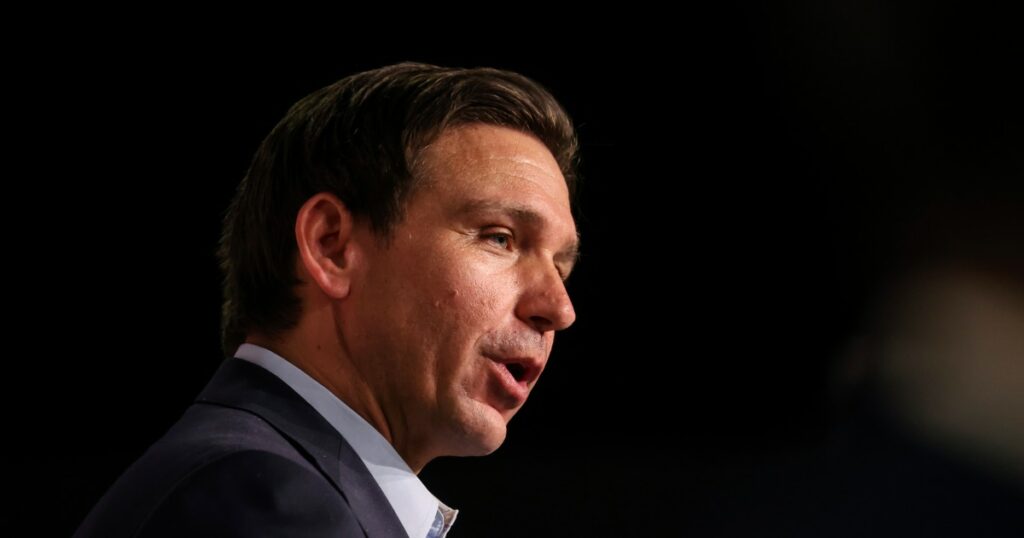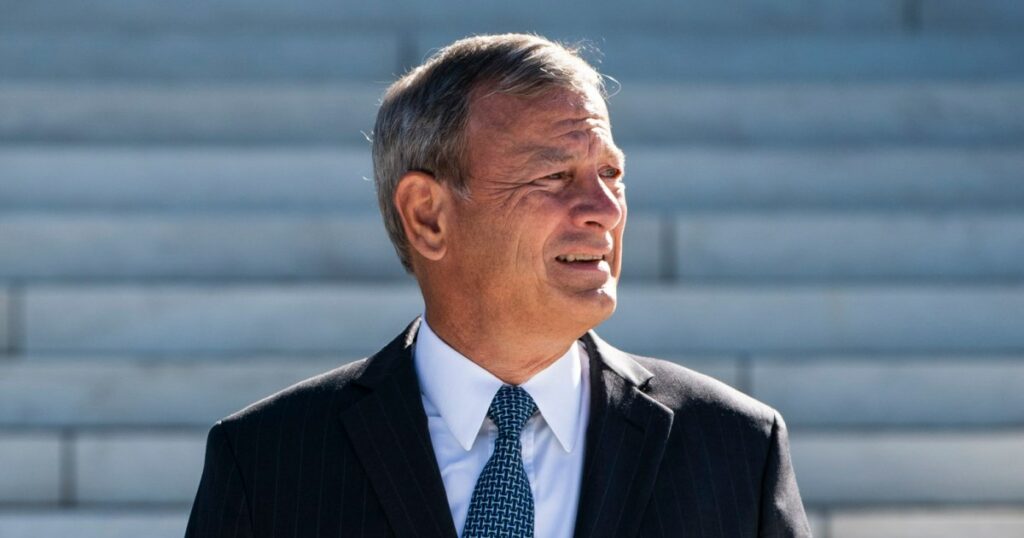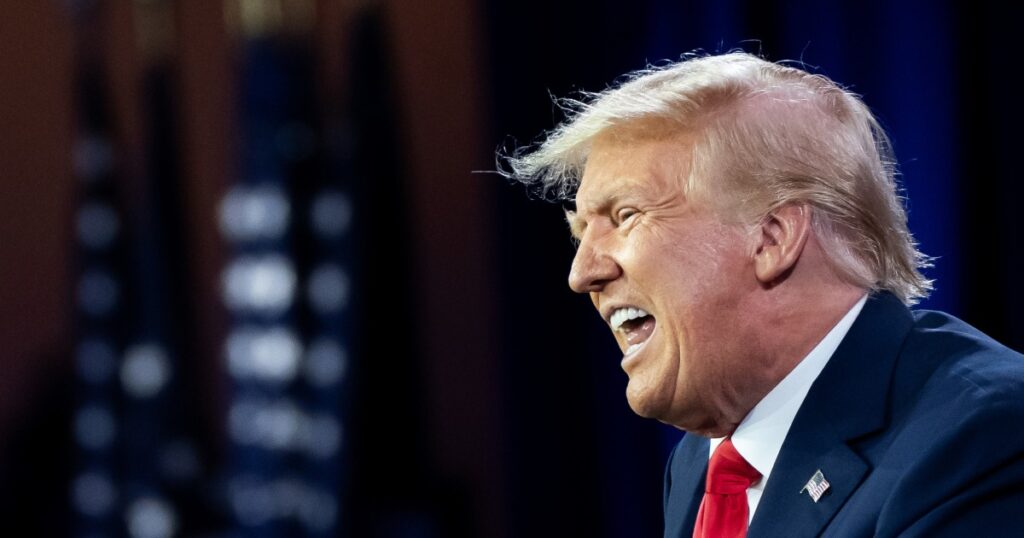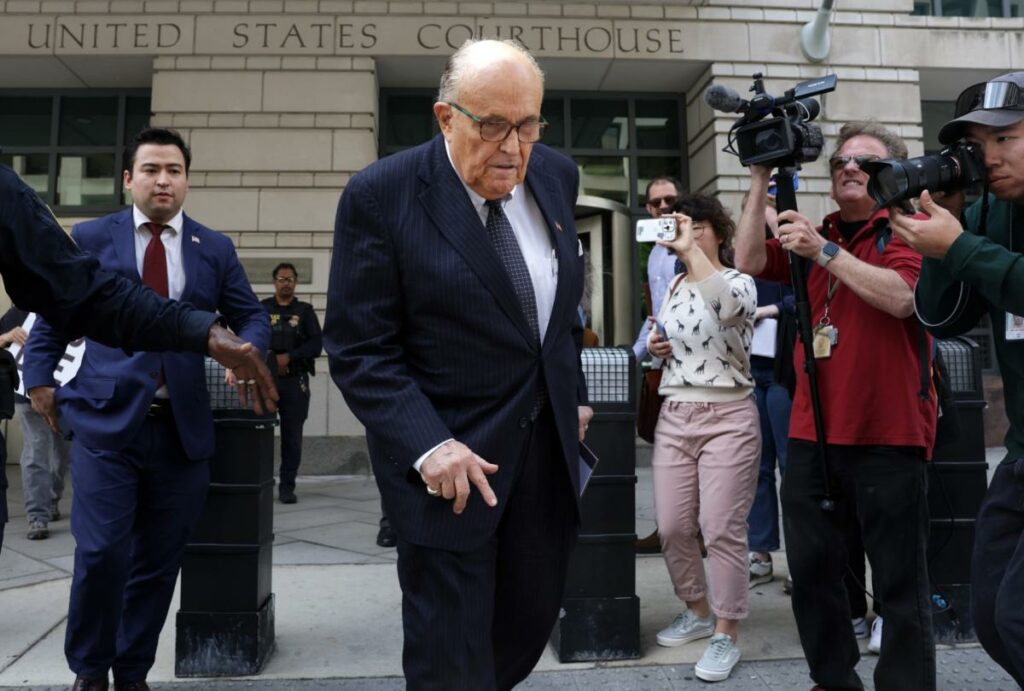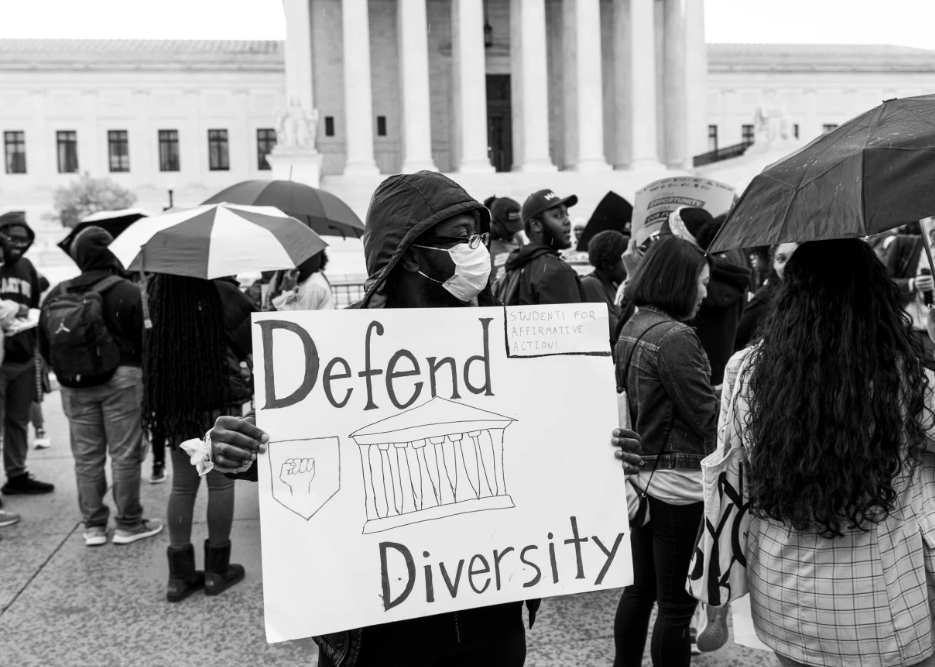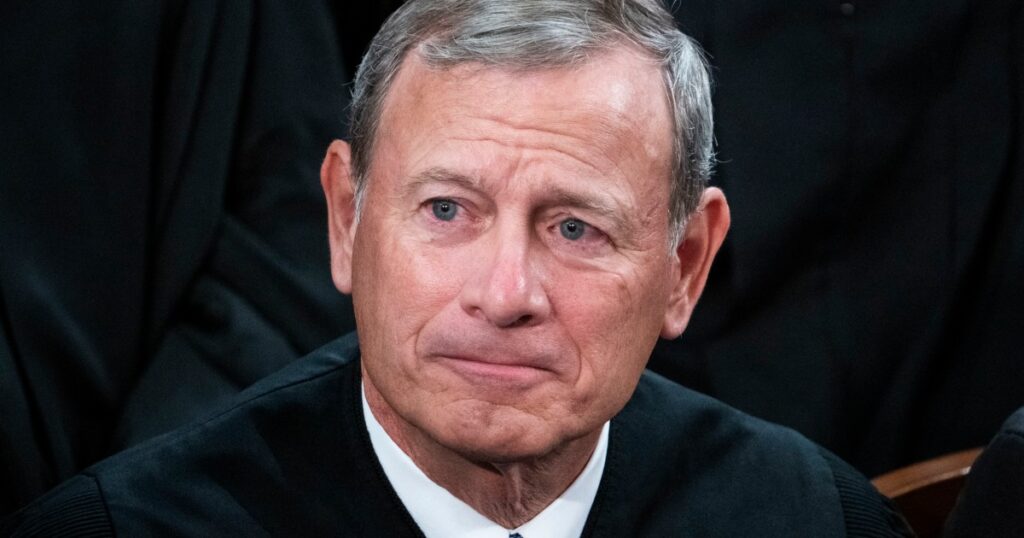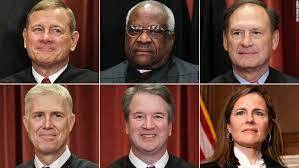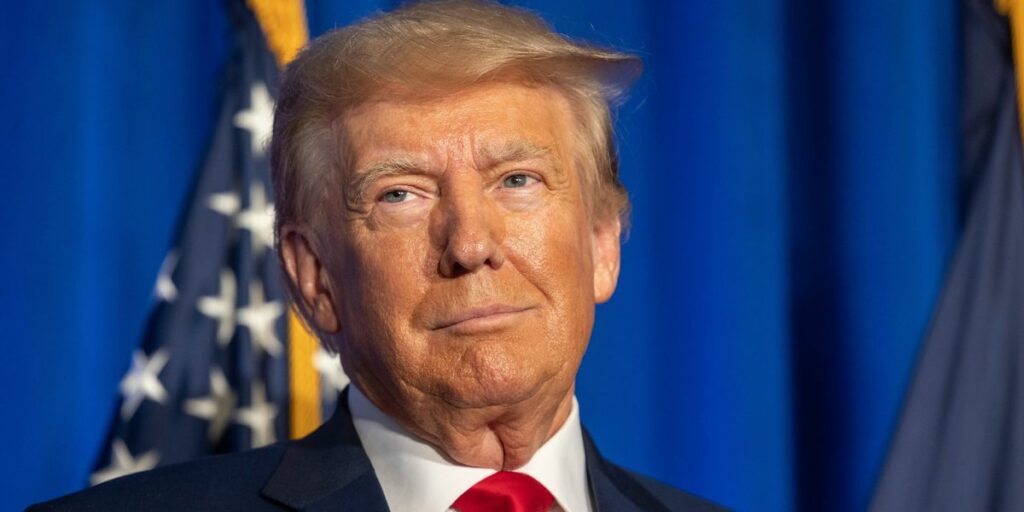Florida Gov. Ron DeSantis is facing a crucial moment in his campaign as his poll numbers continue to decline. However, during a recent campaign event in New Hampshire, DeSantis missed a golden opportunity to differentiate himself from his top rival, former President Donald Trump. Instead of seizing the moment to explain why he would be a better choice, DeSantis chose to focus on his track record as governor. This is consistent with his approach of targeting minorities and other vulnerable groups, rather than addressing the real issues at hand.
During the town hall event, DeSantis faced a tough question from a high school student about Trump’s actions leading up to the January 6th attack on the Capitol. Instead of directly addressing the question, DeSantis deflected and shifted the blame to President Joe Biden. This was a missed chance for DeSantis to highlight Trump’s recklessness and present himself as a stronger leader for the future.
It’s ironic that DeSantis has built his entire administration on projecting strength, particularly in his fight against what he calls the “Woke Mind Virus.” However, his actions in Florida have actually suppressed freedoms and ignored the real problems faced by Floridians. His crusade against LGBTQ rights, attacks on public universities, and strict abortion bans are all examples of his disregard for the well-being of his constituents.
Furthermore, DeSantis’ battle with Disney, which may seem like a brave move, is actually rooted in his discrimination against the LGBTQ community. By targeting Disney, DeSantis has taken on a powerful opponent that can match the state’s resources, resulting in a lawsuit and significant financial losses for Florida.
If DeSantis wants to have a chance at a successful presidential run, he needs to learn how to confront real sources of power in the country, rather than targeting marginalized communities. This would not only enhance his populist image but also broaden his campaign’s appeal beyond just straight, white grievances. However, this would require DeSantis to show real courage, something he has only pretended to possess as governor.
In conclusion, DeSantis’ missed opportunity to differentiate himself from Trump and his track record of targeting minorities and vulnerable groups raise questions about his ability to lead effectively. If he wants to succeed, he must confront real sources of power and show genuine courage, rather than relying on empty gestures.
Unveiling Ron DeSantis’ Controversial Approach: A Critical Analysis
Introduction:
In recent years, Ron DeSantis, the Republican Governor of Florida, has gained significant attention for his controversial approach to governance. From his handling of the COVID-19 pandemic to his stance on environmental issues, DeSantis has been a polarizing figure in American politics. This article aims to critically analyze some of the key aspects of DeSantis’ approach, shedding light on the potential consequences and implications of his policies.
COVID-19 Response:
One of the most contentious aspects of DeSantis’ tenure has been his response to the COVID-19 pandemic. While some have praised his efforts to keep the economy open and avoid strict lockdown measures, others argue that his approach has come at the expense of public health. DeSantis has been criticized for downplaying the severity of the virus, resisting mask mandates, and prioritizing the interests of businesses over the well-being of the population. This approach has led to a surge in COVID-19 cases in Florida, raising concerns about the effectiveness of his strategy.
Environmental Policies:
Another area of concern is DeSantis’ approach to environmental issues. Despite Florida’s vulnerability to climate change and rising sea levels, DeSantis has been accused of prioritizing short-term economic gains over long-term environmental sustainability. His administration has rolled back regulations aimed at protecting the state’s fragile ecosystems and has been criticized for its close ties to industries with a negative environmental impact. This approach raises questions about DeSantis’ commitment to preserving Florida’s natural resources for future generations.
Education:
DeSantis’ education policies have also been a subject of controversy. While he has championed school choice and expanded voucher programs, critics argue that these measures undermine public education and exacerbate existing inequalities. By diverting public funds to private schools, DeSantis has been accused of neglecting the needs of underfunded public schools and disadvantaged students. This approach has sparked debates about the role of government in ensuring equal access to quality education for all.
Partisan Politics:
DeSantis’ approach to governance has been characterized by a strong partisan stance. He has often aligned himself with former President Donald Trump and embraced policies that appeal to his conservative base. While this strategy has garnered support from his political allies, it has also deepened the political divide within the state. Critics argue that DeSantis’ partisan approach hinders effective governance and compromises his ability to represent the interests of all Floridians.
Conclusion:
Ron DeSantis’ controversial approach to governance has sparked intense debate and divided public opinion. From his handling of the COVID-19 pandemic to his stance on environmental issues and education, his policies have faced criticism for their potential consequences and implications. As Florida’s Governor, it is crucial for DeSantis to consider the long-term effects of his decisions and prioritize the well-being of all residents. Only through a balanced and inclusive approach can he hope to bridge the divides and lead the state towards a prosperous and sustainable future.

